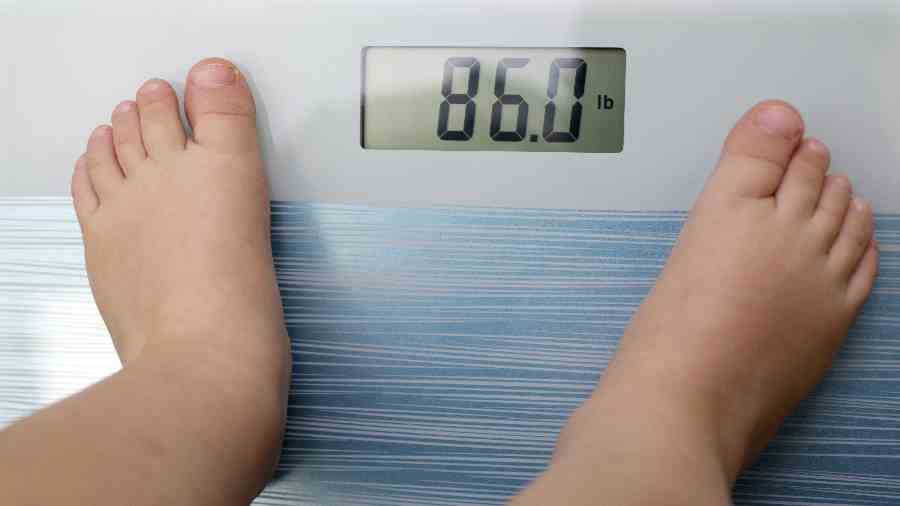Eat together with family. Regulate screen time on TV, phone, or laptop to once or twice a week.
These are some of the steps that can make a difference in the fight against obesity in children, doctors said at the launch of a clinic on Saturday.
Doctors cited some troubling numbers from a report of the World Health Organisation at a symposium that preceded the launch. According to the report, which focused on India;
- In children between five and nine years, there is an approximate prevalence of obesity of 10.8 per cent.
- Among children 10 to 19 years of age, there is an approximate prevalence of 6.2 per cent.
“To put it in simple terms, one in every 10 children is expected to be suffering from obesity by 2030, if the current incidence rate is left unchecked. The situation is alarming and calls for immediate preventive measures that can start at family and school levels,” said Neha Agarwal, pediatric and adolescent endocrinologist at IN-K Hospital, who will be at the helm of the Child and Adolescent Obesity Clinic.
Simple things like eating together can go a long way, she said.
The child should be encouraged to eat with the family, not alone, in front of a phone, computer or TV.
“If a child is eating in front of a screen, his focus is on what’s playing. There is also a tendency to eat junk food. They also get exposed to numerous ads for chips, fries, chocolates, ice creams and beverages. Exposure to such products inevitably leads to attraction and demand,” said Agarwal.
In the Covid-era, children saw overexposure to gadgets. The entire learning process — classes, assignments and exams — was tech-driven. Now that they are back to physical classes, it is time to curb their addiction to gadgets, doctors said.
Schools, the doctor said, can keep a check on junk food sold at canteens. They should also have a compulsory slot for physical activities.
“Many schools have such slots now. But the focus is mainly on kids who are good at sports. The remaining are usually left behind. Students should be made to realise that this one hour is about a healthy lifestyle,” she said.
The clinic will be held on the second and fourth Saturday of every month.
R.P. Sengupta, the founder of IN-K, Hrishikesh Kumar, head of the department of neurology at the IN-K, and Debasis Bhattacharya, director of medical education in Bengal, were part of the symposium.
